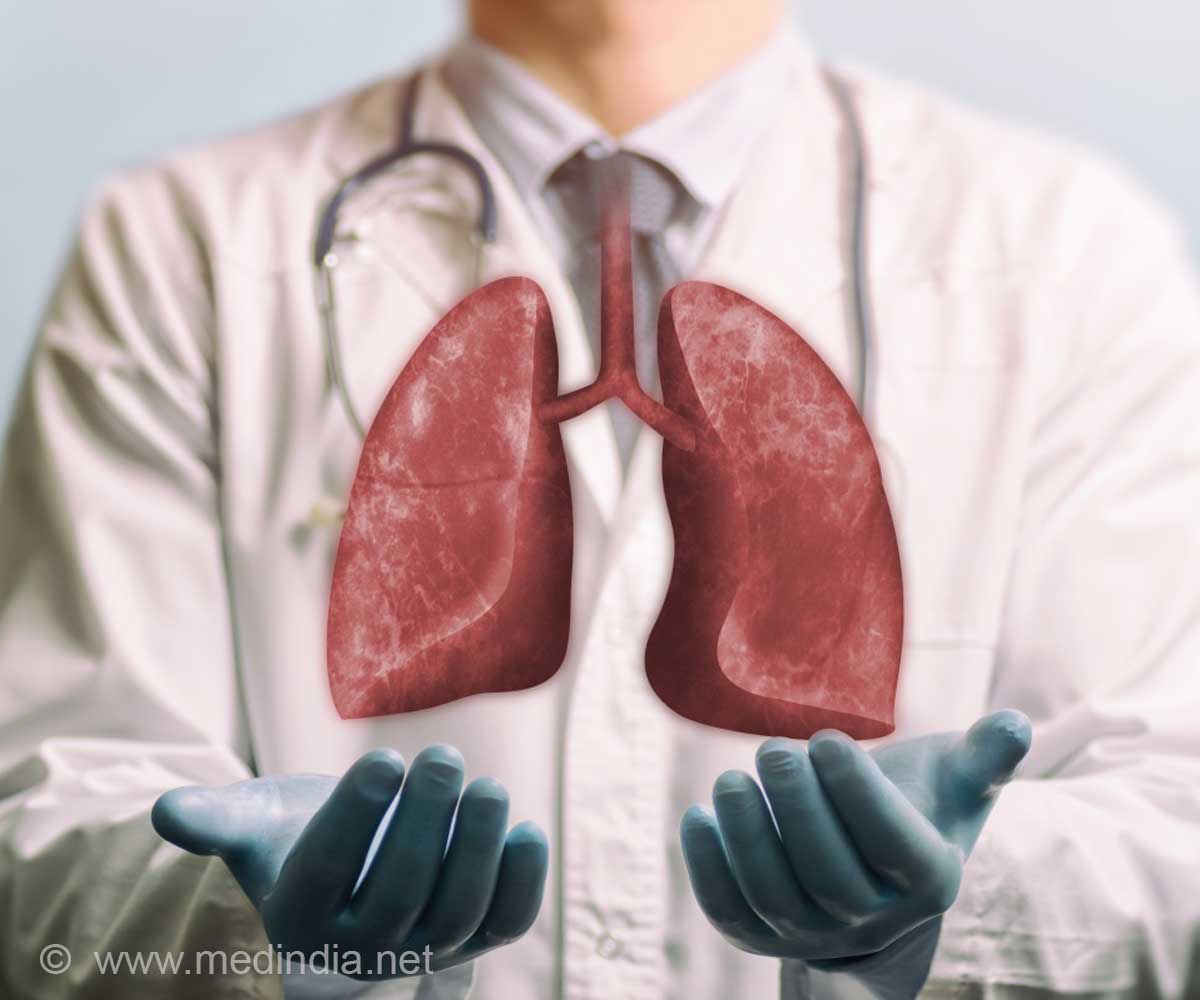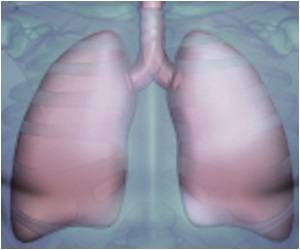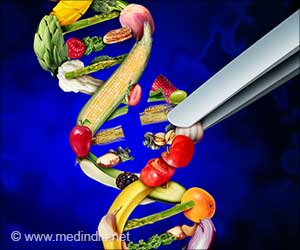New research studies the lung transplant recipients to identify the underlying biologic mechanisms that determine the effectiveness and to improve long-term outcomes of the transplant.

‘Lung transplantation can be a life-extending option, but severe postoperative complications, including decreased lung function caused by organ rejection, often affect a recipients’ quality of life and limit long-term survival.
’





Funded by a seven-year, $9.8 million grant from the National Institutes of Health (NIH), the multi-center study will collect data from more than 4,000 lung transplant recipients.Researchers will also measure the functional status and health-related quality of life among recipients to understand better which patients seem to benefit most from lung transplants.
“Lung transplant is still a relatively new field, and there are considerable gaps in our understanding of the mechanisms that impact lung function and long-term outcomes post-transplant,” said the study’s principal investigator Jason D. Christie, MD, MS, chief of the division of Pulmonary, Allergy and Critical Care Medicine and the Robert M. Kotloff/Nancy P. Blumenthal Professor for Advanced Lung Disease at Penn. “With such a large and diverse population of transplant recipients, this study presents an unparalleled opportunity to examine long-term outcomes of lung transplant recipients and advance our knowledge of the mechanisms that lead to post-transplant complications, organ rejection, and functional outcomes.”
About 2,300 adults undergo lung transplants each year in the United States, including more than 100 via the Penn Lung Transplant program. Although patient outcomes have improved significantly since the 1990s, more than 40 percent of recipients die within five years of transplant. Many patients experience a form of chronic lung allograft dysfunction (CLAD), the leading cause of mortality among lung transplant recipients that manifests as decreasing lung function.
Little is known about what causes CLAD or who is at risk for specific CLAD phenotypes, such as bronchiolitis obliterans syndrome (BOS), the most common form of CLAD, and a condition characterized by progressive airflow obstruction and small airways fibrosis. Additionally, questions remain about the biologic mechanisms that drive CLAD, including the link with primary graft dysfunction (PGD)—a severe, life-threatening form of acute lung injury that develops within the first days of the transplant—and other early transplant events
Advertisement
Investigators will also conduct exams at six-month intervals to measure lung function, frailty status and health-related quality of life to understand which patients seem to benefit most from lung transplants.
Ongoing LTOG research aims to understand the mechanisms further so investigators can identify new treatment approaches, safely expand the donor pool and establish target populations for clinical research trials that test treatments to prevent PGD.
“In order to develop targeted approaches to prevent and treat conditions like BOS, we first need to address these fundamental questions about risk and mechanisms,” Christie said.
“We hope our work will lead to improved clinical care and management of patients with advanced lung diseases as we comprehensively define the long-term benefit of lung transplantation and generate new knowledge on CLAD mechanisms that may change treatment paradigms.”
Source-Newswise














